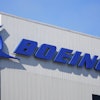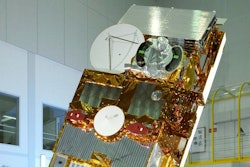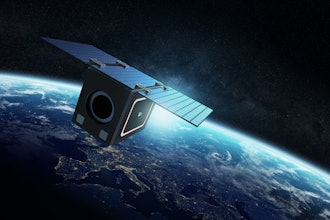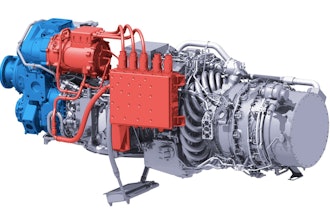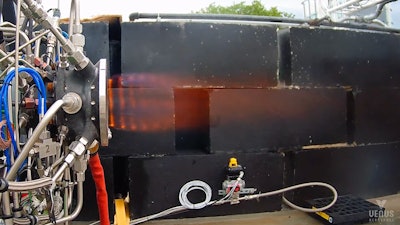
Venus Aerospace, a company focused on making hypersonic flight a reality for commercial and defense purposes, has achieved the first long-duration engine test of their Rotating Detonation Rocket Engine (RDRE) in partnership with DARPA (Defense Advanced Research Projects Agency).
RDREs theoretically can achieve an additional 15% efficiency over traditional rocket engines which directly leads to reduced propellant consumption, allowing them to fly farther on less fuel. Venus is pioneering the development of the RDRE, a technology that could aid in unlocking the reusable hypersonic economy, and this important milestone marks a critical step in that direction.
"As we continue to push towards our ultimate mission of high-speed global flight, this is an important technical milestone for having a flight-ready engine," said Andrew Duggleby, CTO and co-founder of Venus Aerospace. "I'm incredibly proud of our team as they continue to push forward on this world-changing technology." Achieving the first hot-fire, long-duration engine test of Venus' RDRE is a significant feat, as it previously had only undergone short-duration tests, which run un-cooled hardware for quick and inexpensive test iterations.
"The successful test is a testament to our team's dedication and expertise. We're building something special here at Venus, in large part because we have the right people and the right partners," said Sassie Duggleby, CEO and co-founder of Venus Aerospace. "I can't say enough about our collaboration with DARPA and the role they played in helping us make this leap forward."
Venus has been awarded contracts by several U.S. Government agencies to accelerate the development and potential transition of its RDRE technology for hypersonic and space missions. Venus' RDRE is unique in its use of storable and stable liquid propellants which makes for safer operations, faster load times, and avoids boil-off of the propellant.


